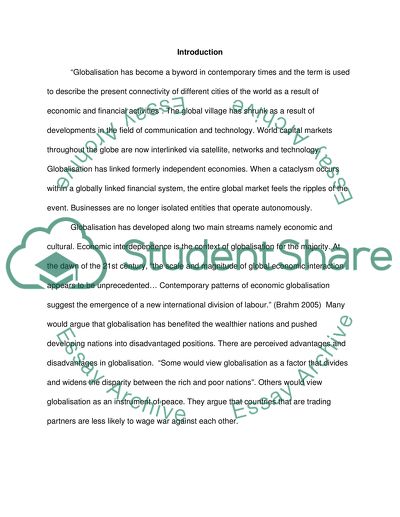Cite this document
(“The future of work in a globalised economy: UK perspective Essay”, n.d.)
The future of work in a globalised economy: UK perspective Essay. Retrieved from https://studentshare.org/macro-microeconomics/1534582-the-future-of-work-in-a-globalised-economy-uk-perspective
The future of work in a globalised economy: UK perspective Essay. Retrieved from https://studentshare.org/macro-microeconomics/1534582-the-future-of-work-in-a-globalised-economy-uk-perspective
(The Future of Work in a Globalised Economy: UK Perspective Essay)
The Future of Work in a Globalised Economy: UK Perspective Essay. https://studentshare.org/macro-microeconomics/1534582-the-future-of-work-in-a-globalised-economy-uk-perspective.
The Future of Work in a Globalised Economy: UK Perspective Essay. https://studentshare.org/macro-microeconomics/1534582-the-future-of-work-in-a-globalised-economy-uk-perspective.
“The Future of Work in a Globalised Economy: UK Perspective Essay”, n.d. https://studentshare.org/macro-microeconomics/1534582-the-future-of-work-in-a-globalised-economy-uk-perspective.


